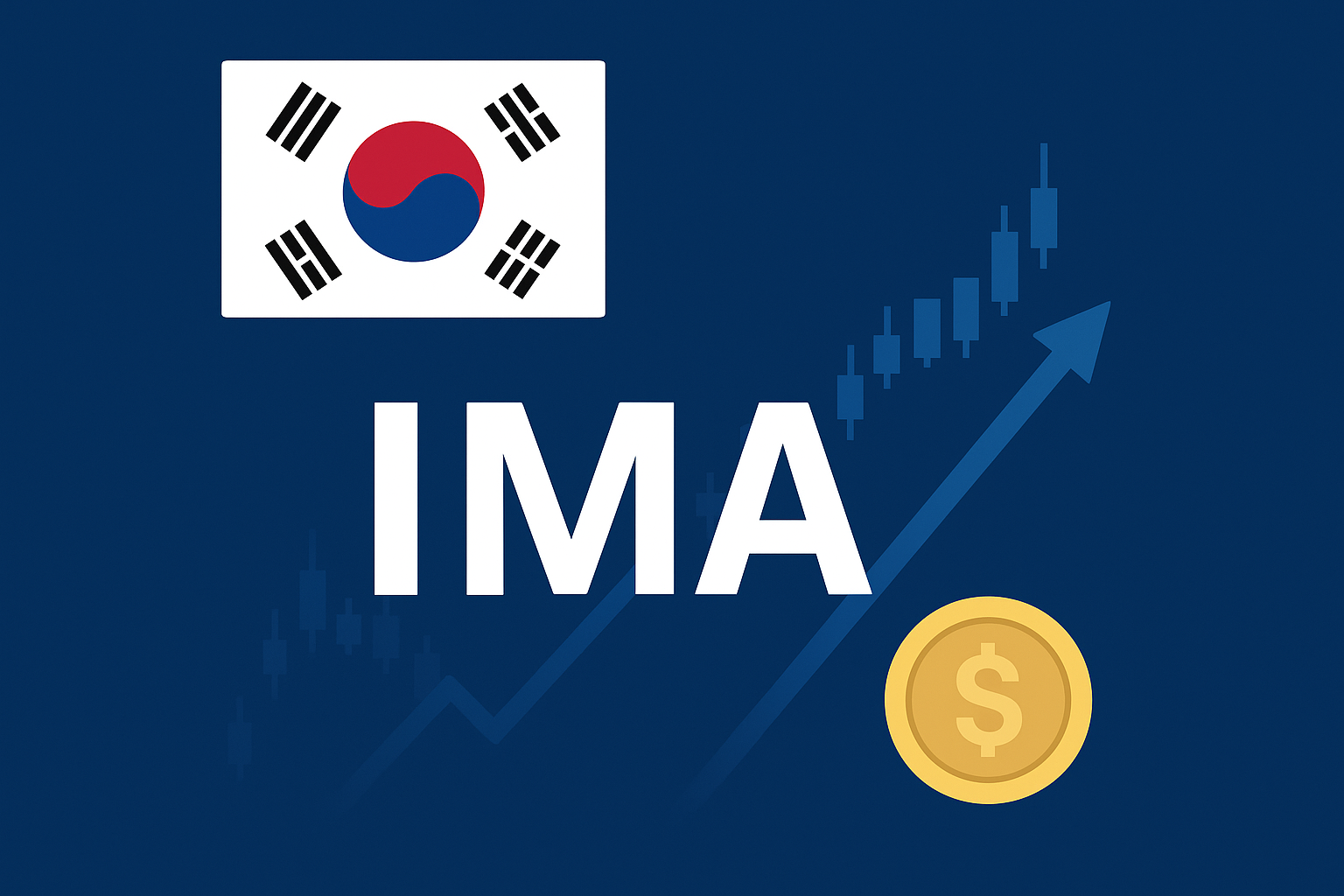
Starting July 2024, virtual assets, including Bitcoin, will be formally integrated into the regulatory framework. This impending shift has raised concerns within the securities industry that investment professionals at financial investment firms and asset management companies might face restrictions on their virtual asset investments. Currently, financial investment firms regulate their employees' stock transactions under specific conditions and limitations, but these regulations do not apply to virtual assets such as Bitcoin.
The Korea Financial Investment Association is preparing standard internal control criteria for financial investment companies based on the Capital Markets Act. However, virtual assets do not yet possess a legal status as financial products. Therefore, it appears that new restrictions on virtual asset transactions for financial investment firm employees will not be implemented immediately. Nonetheless, if a Bitcoin ETF is listed in South Korea, new regulations may be introduced.
Furthermore, financial authorities have not yet made a determination regarding the securities nature of Bitcoin. As a result, regulations governing employees' virtual asset transactions may be subject to change depending on market conditions.
For individual investors, taxation presents another issue. Starting January next year, taxation on virtual asset investment gains will be enforced. For example, a profit of 10 million won would result in a tax of 1.65 million won, which is 22% of the taxable amount of 7.5 million won.
As the virtual asset market approaches integration into financial regulatory systems, there is a growing need to establish a stable investment foundation similar to that of the traditional stock market.


